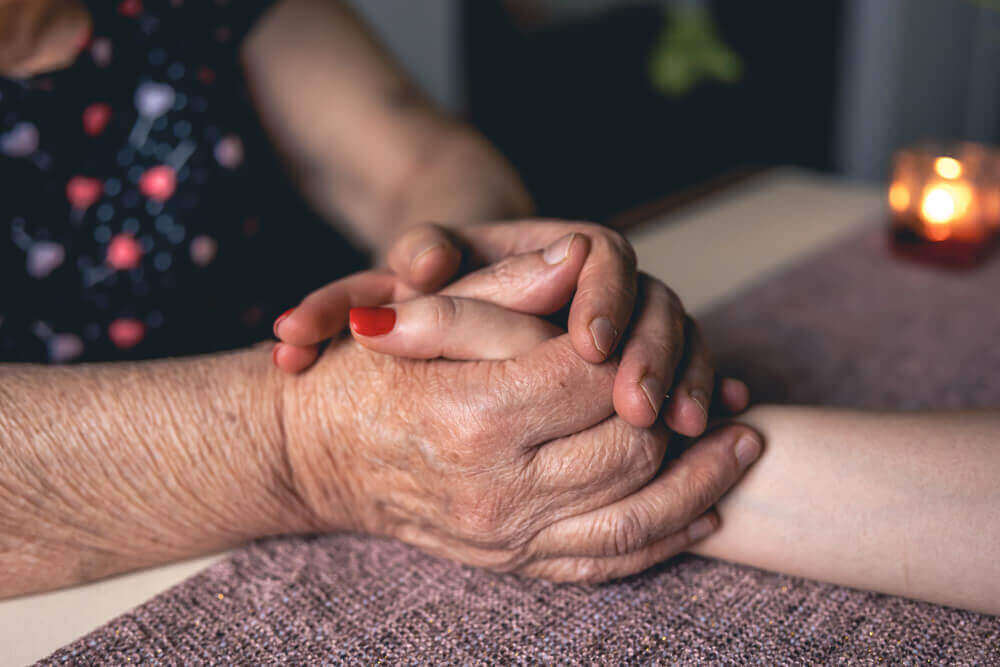Empowering Individuals with Alzheimer’s: Enhancing Quality of Life and Caregiver Support
This article expands on our earlier investigation of Alzheimer’s disease by exploring the many facets of this neurological condition. We will talk about creative ideas, doable plans of action, and neighborhood resources that may dramatically improve the quality of life for those impacted by the condition. Our focus will be on empowering people with Alzheimer’s and offering support for caregivers.
1) Person-Centered Care: Given the significance of upholding people’s autonomy and dignity, person-centered care is becoming increasingly prevalent in Alzheimer’s care. Using this method, care plans are customized to each person’s specific requirements and preferences while taking into account their background, aptitudes, and interests. Person-centered care can enhance the general wellbeing and involvement of Alzheimer’s patients by encouraging uniqueness and personality.
2) Non-Pharmacological Therapies: In addition to medical care, non-pharmacological therapies provide potential opportunities for treating Alzheimer’s patients’ symptoms and enhancing cognitive performance. These therapies include a range of activities that can offer emotional support, lessen agitation, improve cognitive capacities, such as art therapy, music therapy, recollection therapy, and sensory stimulation. The quality of life for those with Alzheimer’s can be considerably enhanced by incorporating these therapies into everyday activities.
3) Technology and Assistive Devices: Technological advancements have created new opportunities for helping people with Alzheimer’s and the people who care for them. Wearable technology, monitoring systems, and smart homes may improve safety, encourage communication, and help with memory cues and reminders. Additionally, beneficial resources like medication devices for tracking, caregiver support forums, and cognitive training exercises are available on digital platforms and mobile applications created expressly for managing Alzheimer’s disease.
4) Support and Education for Caregivers: Although they play a crucial role in assisting people with Alzheimer’s, caregivers encounter enormous expectations and difficulties. Comprehensive assistance and education for carers is essential for both their wellbeing and the general standard of care. Support groups, respite care services, and caregiver education programs can provide social opportunities, emotional support, and assistance on how to deal with certain situations. By providing carers with information and applications, we enable them to deliver the greatest care while preserving their own wellbeing.
5) Community Resources and Collaboration: For people with Alzheimer’s and their families, building a strong community network is crucial. Numerous community groups, memory clinics, and Alzheimer’s associations provide a variety of services, such as counseling, respite care, and educational programs. Collaborations between medical professionals, researchers, and neighborhood organizations may also encourage creativity, information exchange, and the creation of comprehensive care models that cater to the many requirements of Alzheimer’s patients.
We can dramatically enhance the quality of life for people with Alzheimer’s disease by adopting person-centered care, combining non-pharmacological therapies, utilizing technology, and offering solid support for carers. A supportive environment that gives people and families impacted by this difficult disease more power is also a result of collaboration among healthcare professionals, researchers, and community groups. Together, we can create progress in Alzheimer’s care and support, giving individuals affected by the neurological disorder hope and better results.

